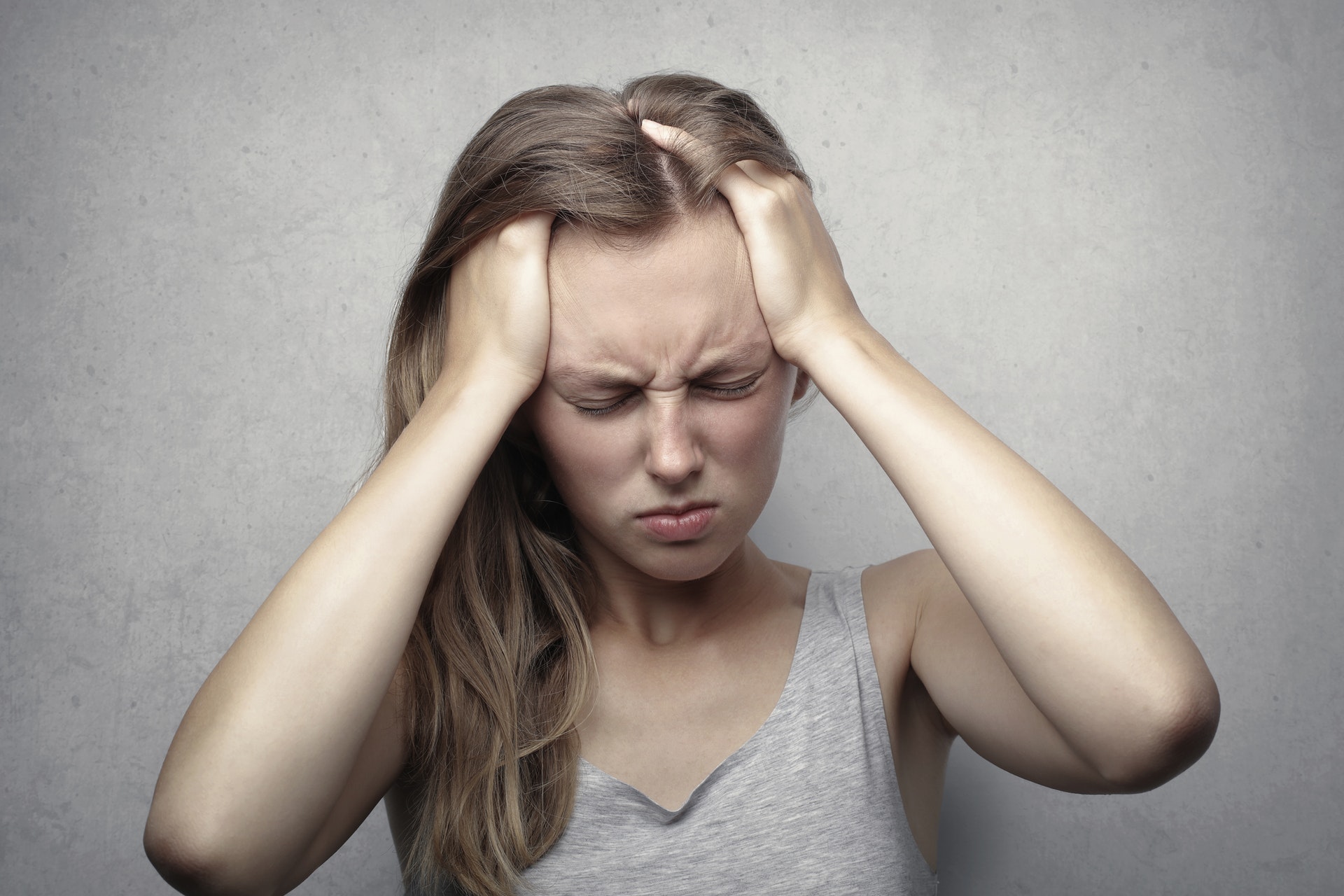
Depression
Have you been struggling to feel like yourself lately? Maybe you can’t seem to get out of bed in the morning, or you’re losing interest in your hobbies. Nothing seems to make you happy, and you just want everyone to leave you alone. If that sounds like you, then you could be experiencing depression.
What Is Depression?
Depression is a mental health challenge. It covers a wide range of levels. Some people only experience mild episodes of depression, but there are also people that are diagnosed with major depressive disorder.
When people feel depressed, they may feel sad, lonely, empty, or even angry. They generally lack the motivation to do the things they used to enjoy and even to care that they don’t want to.
The symptoms of depression include things like:
- Loss of energy
- Difficulty sleeping or sleeping too much
- Loss of appetite or changes in your weight that can’t be explained
- Feeling down or sad
- Feeling angry and having a short temper
- Not caring about your old interests
- Feeling hopeless, worthless, or lonely
The important thing to keep in mind is that most people are going to have some of the symptoms of depression from time to time. For it to be considered a mental health disorder, you need to be dealing with these signs of depression for at least a couple of weeks for it to be diagnosed.
What Causes Depression?
There are many different reasons why people experience depression. For some, it’s simply the result of a situation that they have lived through. It could be the death of a loved one, loss of a job, or a divorce. It could also be other types of trauma that they have experienced.
Some risk factors are believed to put people at a higher chance of experiencing depression in their life. These include:
- Environmental – If you grow up in an environment where you are constantly exposed to things like abuse, poverty, or violence, it can make you more likely to struggle with depression as you get older.
- Genetics – If there is a family history of depression you will want to be prepared and know what to watch so you can quickly recognize it in yourself and get help if it’s happening.
- Personality – Having low confidence and low self-esteem can put you at a higher risk of developing depression.
- Biochemistry – There are chemicals in your brain which can be responsible for causing depression.
Types of Therapy For Depression
Cognitive Behavioral Therapy (CBT)
CBT is a popular and effective form of therapy for those suffering from depression. The therapy works by helping people learn how to change their behaviors by first learning how to change their thoughts. It’s based on the theory that our thoughts impact how we behave. Therefore, if we change the original thoughts, we are treating the base issue instead of just working on changing behavior.
Patients take an active role in this type of therapy which can be helpful because they can feel that they are maintaining a sense of control throughout the process. They will generally have to keep logs and complete homework from the therapist in between sessions.
As patients become more familiar with being able to recognize these thought patterns in their life, they can start taking steps to improve them. These are valuable skills to have throughout life.
Dialectical Behavior Therapy (DBT)
Dialectical Behavioral Therapy is similar to CBT. It also works with patients to help them identify thoughts that produce undesired emotional and behavioral responses and incorporates skills to increase tolerance of those emotions. There is a focus on teaching patients how to regulate emotions, tolerate stress, and work towards acceptance to change.
DBT also includes attending group therapy sessions and not just individual counseling sessions.
Interpersonal Therapy (IPT)
Interpersonal therapy is used to help people that are struggling with depression. While IPT is not a way to address the root causes of depression, it helps to improve relationships for the depressed. When someone is suffering from depression, it’s likely that their relationships, even with those closest to them, will be impacted. Feelings of depression make it difficult to interact with friends and family.
Acceptance and Commitment Therapy (ACT)
Acceptance and Commitment Therapy is beneficial to people with depression in several ways. The patients learn how to Act, Choose, and Take action. They learn how to be present in the moment instead of dwelling on the past or worrying about the future. They also learn how to nonjudgmentally observe their feelings in a way that allows them not to get too caught up in them. It also helps patients to learn how to find the things in life that are the most important to them and then to act according to those values.
Medication
Medication can be a helpful part of depression treatment for many people. It is frequently used in addition to psychotherapy. If your therapist feels that medication may benefit you, they may refer you to a doctor or psychiatrist for a medication evaluation.
The Role Of Self-Care
When it comes to beating depression, self-care plays a large role in the level of success that you will experience. Here are some things that you can try along with other forms of therapy that your depression therapist suggests:
Make wise food decisions: What you eat plays a large role in how you feel. Strive to eat a healthy and balanced diet each day. It’s ok to have treats now and then, but you don’t want your entire diet to be sweets and treats. Sometimes when struggling with depression, it can be difficult to eat anything. If you are at that point, remember that something is better than nothing.
Try to maintain a sleep schedule: Depression can play a number on your sleep routine. Do your best to be in bed at the same time each night and get up and out of bed in the morning. Don’t give in to the urge to stay in bed all day or to stay up all night. Do your best to maintain a good sleep schedule.
Keep a journal – Journaling is a healthy way to process through all the thoughts in your head. Some people prefer to do this at night so they can dump everything before trying to fall asleep. Others like to start the day journaling about things that they’re thankful for.
Exercise: This is the least favorite suggestion of many people, but exercise is important. When you get moving you release endorphins in your brain that help to boost your mood. You don’t have to do a full 30 minutes or hour of exercise each day to get the benefit. Even movement for 10 minutes can help you feel better.
Get outdoors: Fresh air and sunshine are natural mood boosters if the weather is nice where you then get outside and soak it in for a few minutes.

Mental Health

Mind-Body Connection

Maternal Mental Health
Office & Telehealth Locations:
Pasadena CA 91105
Monrovia CA 91016
stacey@staceyinal.com
© 2023 by Stacey Inal, CA LMFT #120626 Los Angeles, California.

